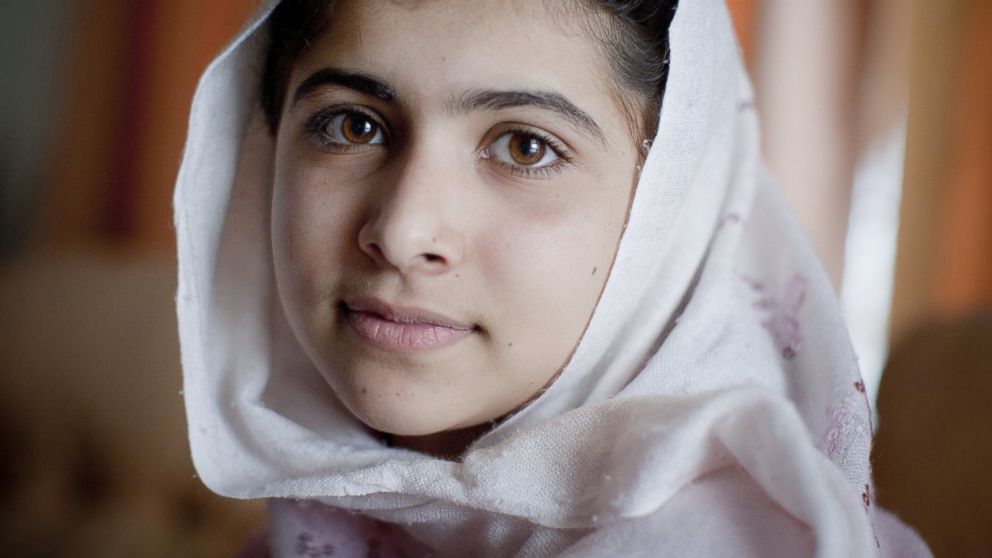The article I read discusses the use
of a Mexican Supreme Court ruling that any dismisses any evidence
obtained through torture in court. Israel Arzate Meléndez was
detained in 2010 and tortured until he confessed to his involvement
in a multiple homicide. He read this confession off of a script to
his torturers. He endured waterboarding, electric shock and
asphyxiation. Arzate was held for one year awaiting his trial until
a court discovered his illegal detention and issued him under house
arrest. The Mexican Supreme Court took his case in 2012 and he was
released on November 6, 2013.
It interests me how even though
numerous counties adopted the Universal Declaration of Human Rights
in 1948, counties are still changing their laws to adhere to this
document. In 1991 the law was first passed that banned the use of
torture as a means of interrogation. In 2008 the Supreme Court
reaffirmed this law. It seems odd that it has taken this long for a
ruling like this to pass. Is it irrational of me to think that any
government would be efficient in passing legislation? I guess so.
What is the point of even having a Declaration of Human Rights if no
one even follows the document and the courts that uphold the laws
have little to no power of the counties breaching the laws. In this
case it took over 40 years for legislation to be made; still it
required a Supreme court ruling to protect the individual's rights.
If there is still a long way to go for human rights to be implemented
into developed countries, how long will it take to reach developing
war torn countries?
http://www.hrw.org/news/2013/11/07/mexico-key-supreme-court-ruling-torture-case
